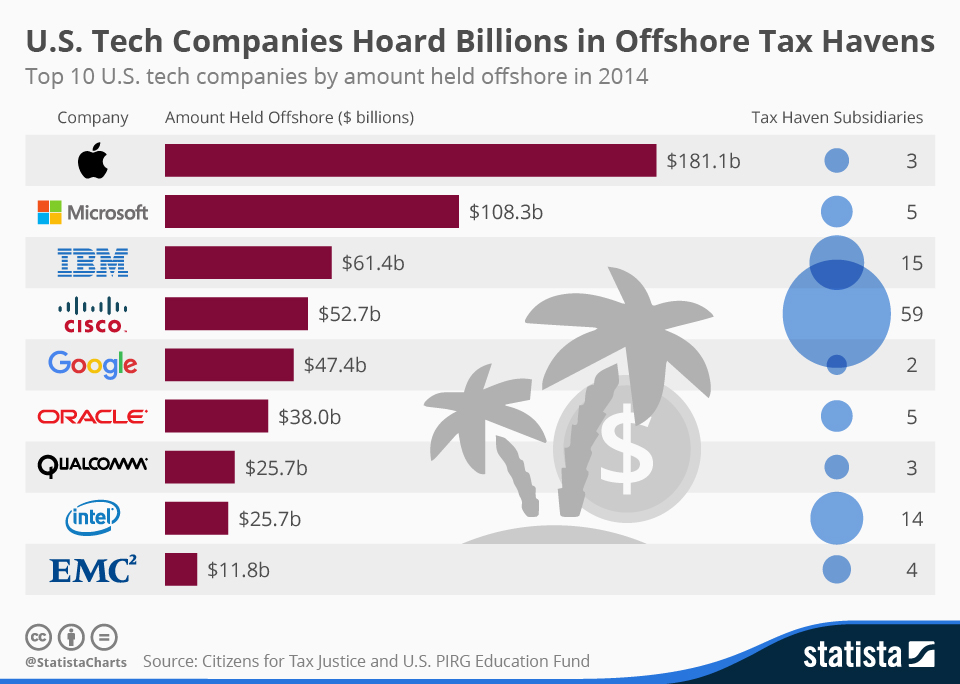
It is important to learn what it takes to succeed as an education consultant if your career goal is to become one. There are several different aspects to consider, including the education necessary for this job, the earning potential, and the career outlook. Below, you'll learn more about this profession. Find out what it takes to be an independent educational consultant and how much they make.
Education requirements for educational advisors
While specific qualifications for an educational consultant can vary depending upon the location and job title of the individual, most hold a master's level degree. The Master of Arts degree in Education (MAE), which is liberal arts-based, provides graduates with an understanding of education and solid teaching and research skills. MAE programs allow students to engage in active learning, use current teaching techniques and practices, as well as conduct qualitative research.
Typically, an educational consultant works within a school or district, serving as a consultant and advisor in various education programs. Their work involves reviewing curriculum, evaluating data, and providing advice to educators, school staff, and administrators. In order to offer professional development, they also work with local communities. The most successful educational consultants have extensive field experience and a passion for the area they specialize in.

Average salary for independent educational consultants
Independent educational consultants charge lower rates. They often charge under $140 an hour. They provide a wide range of services including helping families locate a college and reviewing college admission essays. They can advise students on financial aid and scholarships. Most independent educational consultants work in private practice and can set their own rates. Rates vary depending on what service they provide.
Consultants typically work as an independent contractor and market their services directly to school districts and other institutions. Consultants may charge an hourly rate or a flat fee for their services. While some consultants excel in sales and marketing, others have trouble with this aspect.
Earnings potential
An educational consultant is a professional with advanced expertise in teaching and school management. These consultants often work with schools and colleges to improve the educational services for children. Their role ranges from developing curriculum and designing campus architecture to coaching teachers and developing leadership skills. Educational consultants can also help companies improve their educational programs and services.
To become a successful educational consultant, you need to first learn about the educational field. Research the top challenges facing the field. Look for reliable sources that will provide information on these challenges.

Educational consultants can expect a career in the future
In the coming years, educational consultants will continue to be in high demand. According to the BLS, employment for educational consultants will increase by 6% between 2018 and 2028. But this growth will depend upon the budgets of both local and state governments. As districts and schools are held responsible for graduation rates and test scores, they will look to education consultants to provide guidance on curriculum and technology. While the job outlook for educational consultants is not necessarily bright, the field is expected to grow at a faster rate than the average occupation.
A teacher consultant must have experience in classroom teaching and research-based practices. Additionally, an educational consultant should have excellent communication skills to reach all levels of school personnel.
FAQ
How do you start an LLC consultancy company?
First, determine what you are looking to do as service provider. Then you need to make sure you are qualified for those services. It may be a good idea to seek out someone who offers the services you need and observe their work.
Once you know what you want to provide, then you should try to figure out where your target market is. If they aren't available, you may need them to be created.
Then you need to decide whether you want to go into business for yourself or hire others to do it for you.
It is possible to also start your own consulting firm by obtaining a license from the State. But this will require a lot more paperwork and legal costs.
What is the difference between consulting and freelancing?
Freelancers, who are self-employed and provide services to clients without the need for employees, are independent contractors. They charge hourly rates depending on the amount of time spent on a client's projects. Consultants are usually employed by companies or agencies. Their salaries are usually paid monthly or annually.
Because they have control over their work hours and can set their prices, freelancers are more flexible than consultants. Consultants often offer better benefits such as vacation days and retirement plans, health insurance, and vacation days.
What happens when the consultant is done?
After the consultant completes their work, he/she will submit a final summary of the results. This report will include project timelines and deliverables as well as any other relevant information.
After that, you'll go through the report and decide if it meets your expectations. If the report does not meet your expectations, you have two options: to request changes or to terminate the contract.
Statistics
- 67% of consultants start their consulting businesses after quitting their jobs, while 33% start while they're still at their jobs. (consultingsuccess.com)
- On average, your program increases the sales team's performance by 33%. (consultingsuccess.com)
- My 10 years of experience and 6-step program have helped over 20 clients boost their sales by an average of 33% in 6 months. (consultingsuccess.com)
- According to IBISWorld, revenues in the consulting industry will exceed $261 billion in 2020. (nerdwallet.com)
- Over 62% of consultants were dissatisfied with their former jobs before starting their consulting business. (consultingsuccess.com)
External Links
How To
How Do I Find A Good Consultant?
Finding a great consultant starts with understanding your expectations. Do you want them helping you improve your website's performance or not? Do you need them to optimize your site so that it ranks higher in search engines' results? You might also want someone to help you determine if your hosting provider is in trouble. After you have decided what services you need, it is time to start looking at potential companies. Although there are many consultants who claim to offer these services, very few of them can actually provide the required results. How do I choose one? Here are some considerations when choosing a consultant.
-
Get referrals. This is probably the best way to choose a consultant. You don't want to hire someone you've never heard of before because you'll likely pay too much. However, you don't want work with someone who has a bad reputation. If you have the good fortune to get referrals from trusted people, great! You can check online reviews even if they don't refer you. Check for testimonials or case studies that show how clients have used your services.
-
Ask around. Many people don't realize that consulting could be beneficial for them. They believe that because they're doing well, they don’t need to make any changes. However, this is usually untrue. Even if your results are great, there's a good chance that you haven’t kept up with the latest trends and technologies. You'll lose out on the opportunities to grow your company if you rely on old methods. It's always worth asking around to see if anyone knows of a good consultant.
-
Check their qualifications. No matter how small your project is, it's important to ensure that the consultant you choose has the necessary skills. Make sure that they're qualified to perform the tasks you need to be done and that they have sufficient expertise in the area.
-
Find out which projects they are best at. Although it might seem like everyone can do everything, this is not true. Some areas require specialized training and education. You won't hire a Drupal developer if you need to build a WordPress template. The same goes for graphic design, programming languages, etc. Ask the designer what kind of projects they have worked on in the past.
-
Know what they charge. As we mentioned, it is important to know what they charge. But you also don't want to pay too little either. Consultants come in all shapes and sizes. Some consultants bill by the hour, while others charge per project. You will save money if you know exactly what you're going to pay upfront.
-
What do they offer? Are they providing free consultations? Do they offer advice on setting up your system? Are they able to guarantee that your site will rank better after working with you? If you don't like what you hear during your consultation, you should feel confident knowing you can cancel without penalty.
-
Also, ask if discounts are available for multiple months and years. Many consultants offer discounted pricing for extended periods of time. Although you do not have to commit to a year, it is possible to take advantage of any offers they may offer.